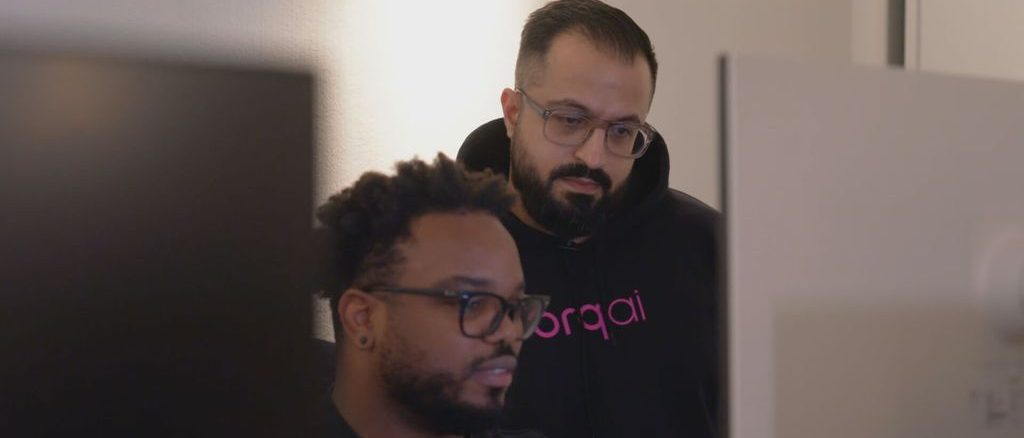
Abroad beckons to Dutch start-ups, ‘few venture investors here’
More funding, more opportunities and fewer rules. These are the most frequently mentioned reasons why start-ups leave the Netherlands. The fear is that the Netherlands and Europe will fall behind in the field of innovation and technology if too many successful startups move abroad.
Former CEO of the European Central Bank Mario Draghi already warned in his report on European competitiveness about the departure of start-ups. Start-up companies with high growth potential are seen as an important element for the European economy in the long term.
For example, between 2008 and 2021, at least 40 of the 147 very successful start-ups left Europe. These are companies that have ultimately become worth more than a billion dollars. The vast majority of these ‘unicorns’ settled in the US.
Two years ago, the departing companies were reason for then Minister Adriaansens of Economic Affairs to conduct research into the business climate in the Netherlands. That has been deteriorating for years. This year the Netherlands will receive one six as a grade.
The Netherlands is also sinking compared to other countries. While the Dutch competitive position was in the global top 5 a year ago, it is now in 9th place. This makes the Netherlands the biggest decliner in the top 10 this year, according to the same ‘entrepreneurial climate monitor’ from the ministry.
American golden mountains
Sohrab Hosseini is co-founder of the AI company Orq.ai. They create software that allows companies to create their own artificial intelligence applications. Hosseini also has plans to move to the United States.
For him, financing is the main reason for leaving. “I have worked very hard to raise 2 million euros for our company. But a start-up in the United States that does about the same as us, but is less advanced, has already raised tens of millions from investors,” he says.
Such a large capital injection makes it much easier for start-ups to scale up. For example, Dutch start-ups managed to receive a total of 2.1 billion euros in investments from investors last year. In the United States this amounts to an amount of 269 billion euros. Proportionally, 111 euros per inhabitant goes to a start-up in the Netherlands every year, in the United States this is 803 euros per inhabitant.
Anke Huiskes manages an investment fund that invests in start-ups. She has worked in the United States for years and according to her, young companies are viewed very differently there. Where Europeans mainly see risks, American investors mainly see opportunities. “In the Netherlands, there are few investors who dare to invest a lot of money in the early phase.”
Fewer rules
Besides the lack of Dutch growth capital, there are more reasons why foreign countries beckon for start-ups. “In the United States, incoming president Donald Trump has already said he wants to deregulate the tech sector,” says Huiskes. This will mean that companies, especially in the AI sector, will be given more freedom.
Hosseini himself says that he does not have many problems with regulation of the AI sector. “But the rules are now very vague and that is why investors in Europe do not dare to invest in AI companies.”
In addition, there are countries that actively try to attract start-ups from the Netherlands, for example, such as the United Arab Emirates. “For example, that country offers golden visas (a residence permit through investment, ed.) and for some companies even wage costs are paid for the first year,” says Huiskes.
At the trade club Dutch Startup Association (DSA), they see that there is a lot of interest among foreign investors in Dutch start-ups. “But a condition of many American investors, for example, is that the company partly establishes itself in the United States,” says Thomas Mensink, start-up analyst and spokesperson for DSA.
Also opportunities
Huiskes emphasizes that the Netherlands still offers many opportunities for entrepreneurs. “We have a lot of technical and design talent, we are in a good geographical location, we speak English and there are good schools and universities. There is increasing interest from foreign investors in the Netherlands, and international talent is also moving this way. So for many companies it is We really are an interesting country.”
Nevertheless, the Netherlands and the EU must make it more attractive for investors to invest in start-ups on the continent in the coming years. Draghi also warns, especially if the EU wants to continue to compete with major economies such as the US and China.

Be the first to comment